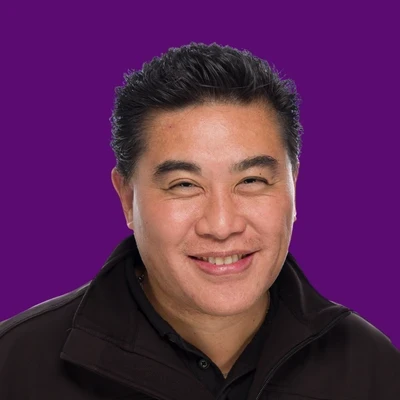Digital Transformation Digest: Oracle Signals Plan to Fully Open Up Java EE, Sikka's Legacy at Infosys, Trump Gives Cyber Command a Promotion

Oracle signals intent to move Java EE to open-source foundation: While Java EE (Enterprise Edition) has always been open source, a somewhat different perception has taken hold since Oracle gained control of the widely used programming language through the 2010 acquisition of Sun Microsystems. Much of Oracle's own software is written in Java, and while it has led support and development of it, many other vendors—including IBM and Red Hat—have as well.
Still, concerns have been raised over Oracle's stewardship of Java and those only grew louder last year, when it appeared Oracle's committment to Java EE was waning. There were even reports that Oracle planned to entirely cease investment in Java EE and instead move to a proprietary Java runtime. In the end, Oracle publicly affirmed its long-term committment to Java, although the long-delayed Java EE 8 has yet to surface.
Now, Oracle has revealed it is exploring whether to move Java EE to an open source foundation, a decision that would relinquish some of its influence on the language while pleasing community members who have wanted such a change for years. Oracle software evangelist David Delabassee explained the company's thinking in a blog post:
We are discussing how we can improve the Java EE development process following the delivery of Java EE 8. We believe that moving Java EE technologies including reference implementations and test compatibility kit to an open source foundation may be the right next step, in order to adopt more agile processes, implement more flexible licensing, and change the governance process. We plan on exploring this possibility with the community, our licensees and several candidate foundations to see if we can move Java EE forward in this direction.
We intend to meet ongoing commitments to developers, end users, customers, technology consumers, technology contributors, partners and licensees. And we will support existing Java EE implementations and future implementations of Java EE 8. We will continue to participate in the future evolution of Java EE technologies. But we believe a more open process, that is not dependent on a single vendor as platform lead, will encourage greater participation and innovation, and will be in best interests of the community.
Delabassee also said "great progress" is being made on Java EE, with a reference implementation coming soon.
POV: Oracle's move provides another data point for how open source, community-driven development is making strides, says Constellation VP and principal analyst Holger Mueller. "It's a win-win for the Java community and Oracle," he says. However, "writing a blog is one thing," he adds. "Living the direction is another." It will be interesting to see the community's reception at the upcoming JavaOne conference and beyond, Mueller adds.
Vishal Sikka's mark on Infosys: In a sudden, but perhaps not so surprising move, Infosys CEO Vishal Sikka announced he is leaving the Indian outsourcing giant. Sikka didn't leave the news to be issued in a bland statement from Infosys's PR department. Rather, he penned a lengthy, candid blog describing his reasons for leaving. Here are a few key excerpts.
The elevation of United States Cyber Command demonstrates our increased resolve against cyberspace threats and will help reassure our allies and partners and deter our adversaries.
United States Cyber Command’s elevation will also help streamline command and control of time-sensitive cyberspace operations by consolidating them under a single commander with authorities commensurate with the importance of such operations. Elevation will also ensure that critical cyberspace operations are adequately funded.
But there's a towering challenge to keep in mind, he adds. "The biggest problem I see in organizing for cyber warfare is that we still have no idea what it means," Wilson says. "Cybersecurity itself is on terribly shaky ground, because cyber itself is more metaphor than material. Cybersecurity is parlous because our systems are mind-bogglingly complex, brittle, rushed in development, poorly tested, poorly inspected and poorly understood. Military cyber command is being asked to defend civilian critical infrastructure built from spaghetti code."
So it may not matter much how the military's cyber command structure is organized, Wilson says: "What we need is free thinkers who will come to grips with the novel nature of the assets they're being asked to defend."




